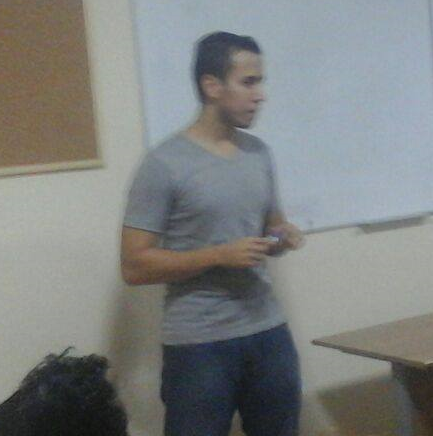Hey ! Here we go again. Do you know the best way to spend your time while practicing the languages you already know? Well, let me tell you something. It is totally OK if you are learning a new language and you need to practice an old one, so you can combine both of them to improve your routine.
Let me explain you a little trick right now. I bet you had the experience of learning a new language and create all the kind of connections with your native one, that is normal and predictable, once this is your anchor. What do I mean? The structures of your native language work like your foundation, it is an automatic move for your brain, now.

Did you get what I mean? Yes, now, let me say something to you. You can and you should change this Anchor! Let’s think about this metaphor. Imagine you are a Jiu-Jitsu fighter, cool, isn’t it? Ok, so you are familiar with the techniques about this sport, and them, you decide to learn Judo. I bet you will use the first sport as a foundation and you will learn by the differences.
Let’s imagine now that you decide to learn how to run, I mean, as an athlete, so, it is a very new experience, you can use some points of Jiu-jitsu, but it is all new to you. Ok, now, our athlete and fighter wants to learn how to be a professional cyclist. There are two ways here. you can use Jiu-jitsu as a foundation, but the smarter choice is not this one. It is better if you adopt running as your foundation now!

Bringing the concept to language learning
Do you know the origin of the language you want to learn? You should. The point here is, the smarter choice is to change the anchor and use one language to learn another, that is the key point. If your native language is not english and you are reading this, so you could try to learn another Germanic language using English as your Anchor, try German for example.
There are two great benefits here. First of them, you will make things easier to you, once you are picking the smarter way, you will use running to learn how to become a cyclist and not Judo, so you will have more chances to reach your goal in a shorter period of time.
Benefit number two, you will be improving the language number one, or, your anchor. Once your Anchor is not your native language, you need to improve it. Doing this, you will reach double results with the same time and effort.
Just be careful, if you want to chose a foreign language as your anchor, sou you must manage this language very well, you need to be comfortable with this language! otherwise you will face a dangerous trouble. You will mix the structures and make your way harder and that is not the smarter choice.

A personal example. I have been studying Spanish since I was a child, so it is a very comfortable language to me, then, when I started to learn French I simply used Spanish as my Anchor, and this is not the first time. English was my Anchor to learn German. When I teach German to Brazilian students I use English (instead of Portuguese) as the Anchor too (when it is possible, of course).
Now, let me give an example that you should avoid. I studied Romanian a few months ago, but I quit, anyway, something about this language still remains inside my mind, now, imagine that I want to learn Italian (Language that I don’t speak), so, if I use Romanian as an Anchor, I will make a bad choice. I will mix structures, vocabulary and it will be a bad experience. Your anchor needs to make you feel comfortable.
Good luck!
